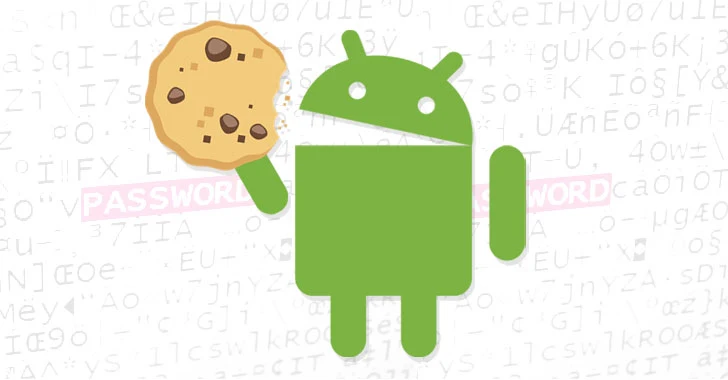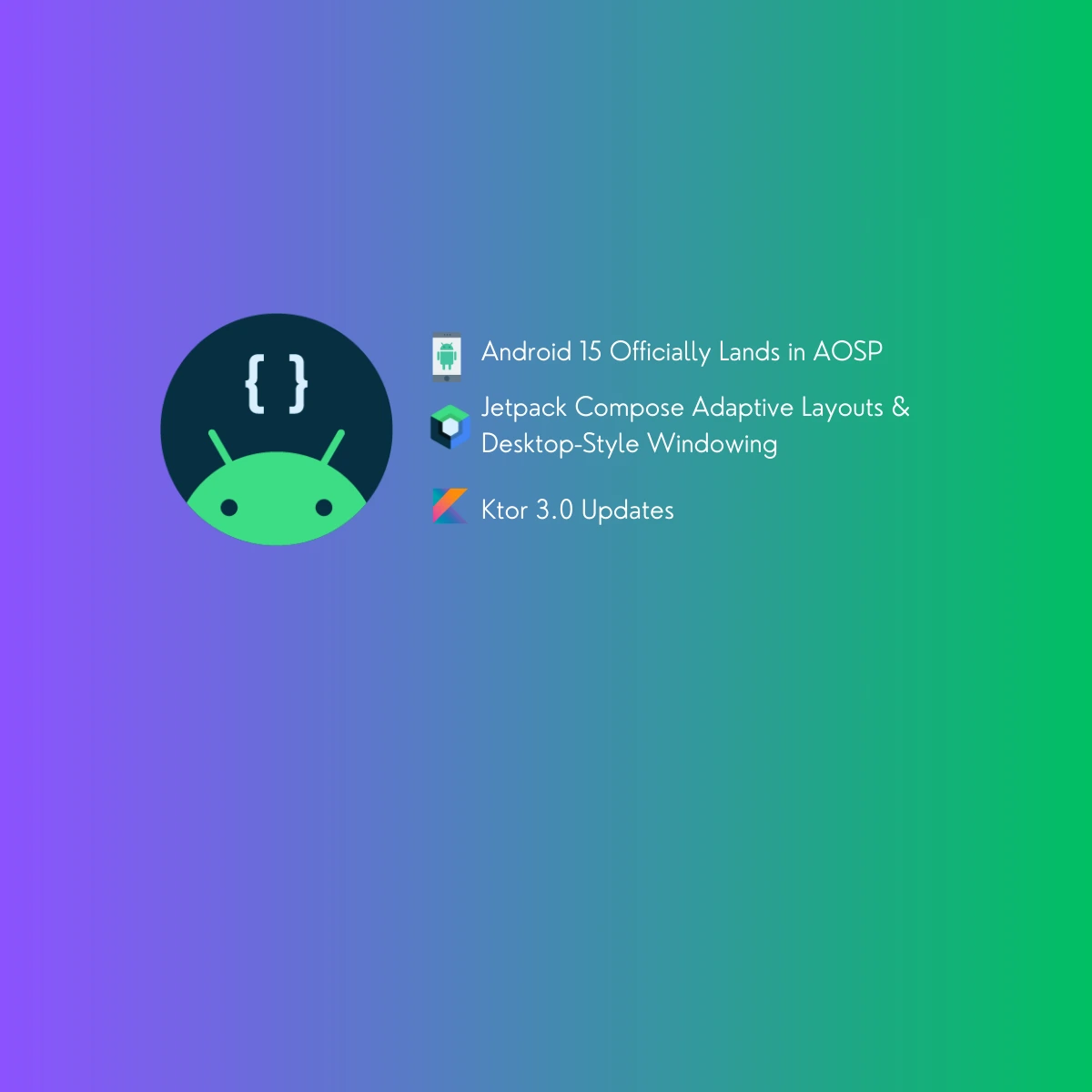In a landmark ruling, Judge James Donato has declared that Google’s Android app store operates as an illegal monopoly, forcing changes that will reshape the app ecosystem. Starting November 1st, 2024, Google must open the doors of Google Play to rival third-party app stores for three years, a move that could alter the landscape of mobile app distribution.
Key Takeaways from the Epic vs. Google Ruling
The ruling, part of the ongoing legal battle between Epic Games and Google, forces Google to make major concessions:
- Allow third-party app stores to access the entire Google Play catalog (unless developers opt out).
- Let Android developers set their own app prices, bypassing Google Play Billing.
- Permit developers to inform users of alternative payment methods and link to downloads outside of the Play Store.
These changes could significantly reduce Google’s dominance, allowing greater competition within the Android marketplace.
How Will This Affect Android Developers?

Android developers will now have the freedom to choose their pricing models, link to external payment systems, and distribute their apps via third-party app stores. This newfound flexibility is a win for developers seeking to avoid Google’s 30% app tax, which has long been a contentious issue in the mobile ecosystem.
Limitations on Google’s Powers
While the ruling opens up Google Play to competitors, Google retains some control. It can still implement safety and security measures, though they must be “strictly necessary and narrowly tailored.” Developers will have a mechanism to opt out of third-party store listings, and a technical committee will oversee disputes.
The Bigger Picture: What’s Next for Google?
Google is expected to appeal this decision, much like its response in similar cases with Apple. However, for the next three years, this ruling provides a clear path for rivals like Amazon to become more competitive. With access to the vast Google Play app catalog, third-party stores finally have a fighting chance to disrupt Google’s dominance.
While Google will likely argue that this change could harm consumers and developers, Epic Games CEO Tim Sweeney has hailed it as a victory for fair competition. Sweeney posted on X (formerly Twitter) that “The Epic Games Store and other app stores are coming to the Google Play Store in 2025.”
A Turning Point for the Mobile App Market
The Epic vs. Google ruling marks a significant turning point for the mobile app market. Developers and third-party stores will now have more freedom, while consumers may benefit from lower app prices and better choices. Yet, it remains to be seen how Google will respond in the long run, as the company is sure to mount legal challenges to delay or alter the implementation of these changes.
For developers, this ruling offers a chance to break free from Google’s monopoly and explore new revenue models. As competition heats up, the real winners may ultimately be the consumers who will gain from a more diverse and competitive app marketplace.
For more insights on mobile app development, check out this guide on improving Android app performance.
Read the full court order here.
Did you like this article?
You can subscribe to my newsletter below and get updates about my new articles.







As i know this us an controversial factor Because the google itself is free to use but the in app purchases were the main source of income for google i see this as an fall for major software upgrade for google as a price cut in income
I think Epic will create their own store and upload their games there and publish them through the Play Store. It looks like they will create their own payment system without paying commission to Google. Google is really killing the competition.